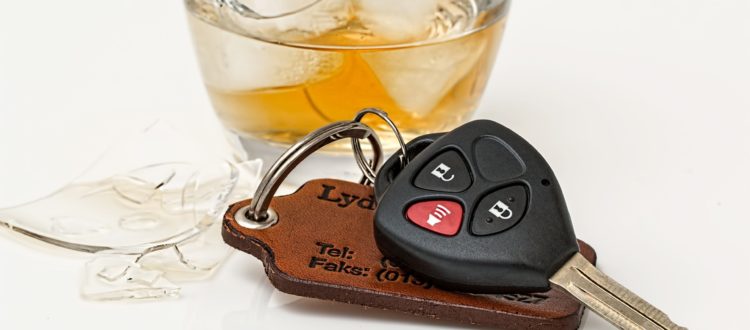How DWI/DUIs Work in New Hampshire
In New Hampshire, an impaired driving charge is called a DWI, although it is often referred to as a DUI. If you are caught driving under the influence of drugs and/or alcohol, the penalties are sizable.
Depending on your specific DWI in New Hampshire case, you could face significant fines, jail time and/or license suspension. The best thing to do if you have been arrested for a DWI is call a New Hampshire DWI lawyer. This article explains how getting a DWI in New Hampshire works.
How Much Do I Have to Drink to Get a DWI in New Hampshire?
According to the law, your BAC (blood alcohol content) should be below 0.08 percent if you are 21 or older. Everyone absorbs and metabolizes alcohol differently, so how much you can drink before you are over the legal limit depends on a variety of factors, including some of the below examples:
- Your gender
- The size of your body
- What you have eaten prior and during drinking
- Which type of alcohol you have consumed
- How fast you consumed the alcohol
While there is no exact formula that calculates how much you can have to drink, one drink is considered to be 1.5 ounces of hard liquor, 12 ounces of beer and 5 ounces of wine. The safest thing to do is to not drink and drive at all, no matter the amount consumed, or get a designated driver to take you home.
Can I Refuse to Take the Breathalyzer in New Hampshire?
New Hampshire requires you to take a blood, urine or breath test if you are arrested for a DUI. New Hampshire’s “implied consent” law states that if you have been arrested for an alcohol or drug related offense involving the use of a vehicle you must take a chemical test upon being arrested.
Are There Any Penalties for Refusing to Take the Test?
Yes. After your arrest, the officer should warn you that your license will be suspended upon refusal to take a chemical test. Your first refusal will result in a 180 day suspension of your driver’s license, your second and third offenses or a prior refusal will result in a two year suspension of your license. You cannot be forced to take the test, however if there was injury or death during the incident that caused you to be arrested, the officer can order that you take a test. In addition, if someone is unconscious or dead, a chemical test may be administered.
What Should I Do If I’ve Been Charged with a DWI in New Hampshire?
The best advice is to contact a knowledgeable New Hampshire DUI attorney. Because there are many variables in DUI cases, having an attorney by your side is beneficial. DUI convictions have serious, long-term consequences. This is especially the case if your incident involved injury or death, or if this is your second or third DUI offense. A skilled New Hampshire DUI lawyer understands the law and can help you navigate the process through the courts as well as DMV. Contact Seufert Law today for details about your specific case. You can contact us online or give us a call at (603) 934-9837.

